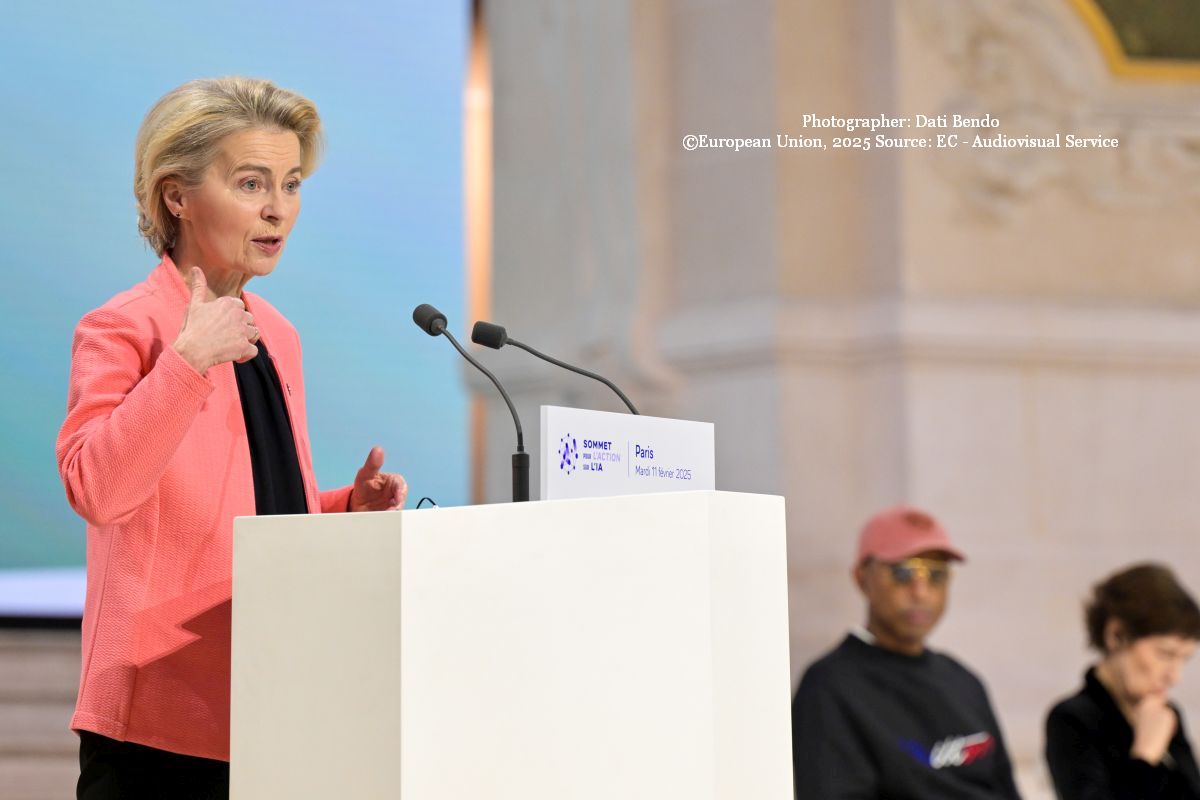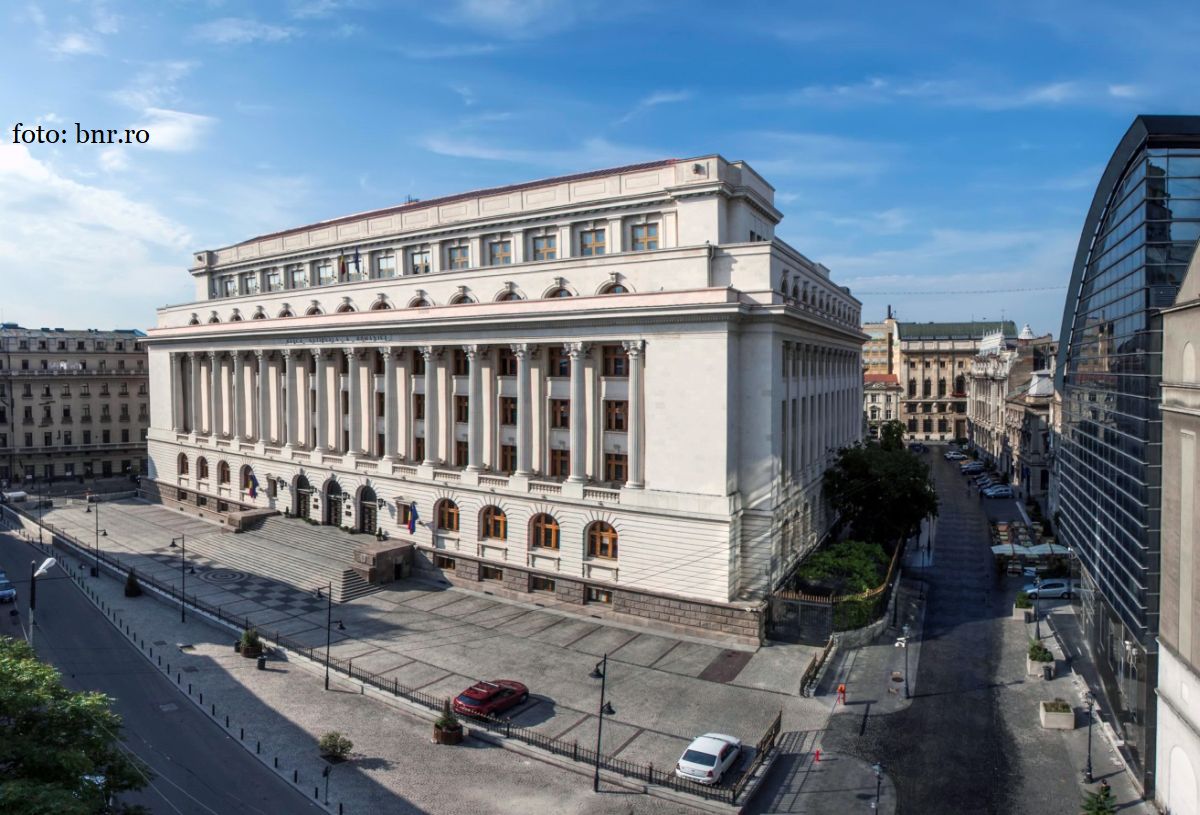Proposals to reduce taxation
The draft tax code, currently under public debate and which introduces a lot of reductions in terms of taxes and charges, has been met with mixed reactions.
România Internațional, 23.02.2015, 13:16
Subject to public debate for a month, the draft Fiscal Code made public last Wednesday by the Romanian Government has already triggered reactions on the part of politicians, business people and experts. Prime Minister Victor Ponta says he is considering pushing the bill through Parliament through a vote of confidence, in case the draft gets stuck and risks being postponed to the next parliamentary session.
“I will do everything in my power to have this Code endorsed by the end of the current parliamentary session, including, if necessary, a vote of confidence if the Liberals or any other party hinders the proceedings for political reasons.”
Ponta explained that endorsing the Code was necessary, so as to give authorities six months to prepare the implementation of changes and enough time for people to get used to them. The President of Romania, Klaus Iohannis, and the Liberals in opposition have already criticised the document, which stipulates, among other things, a reduction of the VAT, of the flat tax rate and of social security contributions, without identifying the sources to offset the financial impact. The senior vice-president of the National Liberal Party, Catalin Predoiu, says taxes and charges cannot be lowered without improving the collection of funds to the public budget, and proposes a reform of the entire system. Catalin Predoiu:
“We know that at present the state collects around 41% of what it should. You cannot operate so drastic a reduction without first curbing tax evasion.”
The Fiscal Council warns that the changes in the Fiscal Code, particularly those involving the VAT, have a major negative impact on budget revenues.
The fiscal relaxation measures proposed by the Government are intended to take effect gradually, as of 2016. Next year the 24% standard VAT rate should be cut to 20%, and even to 18% in 2018. Also next year, the VAT for basic foodstuffs—meat, fish, vegetables and fruit—should go down from 24% to 9%. Another proposal is to discard the tax on special constructions. Social security contributions are also to be reduced, from 10.5% to 7.5% for employees and from 15.8% to 13.5% for employers. The Government also wants to lower the flat tax rate, from 16 to 14% starting 2019. Other changes include the lowering of fuel excises, the scrapping of excises on domestic crude oil and on luxury products, like coffee, jewellery, cars with engines of over 3,000 ccm, but also the raising of taxes on houses and land. In 30 days the draft Fiscal Code is to be passed by the Government and tabled to Parliament for endorsement.






























